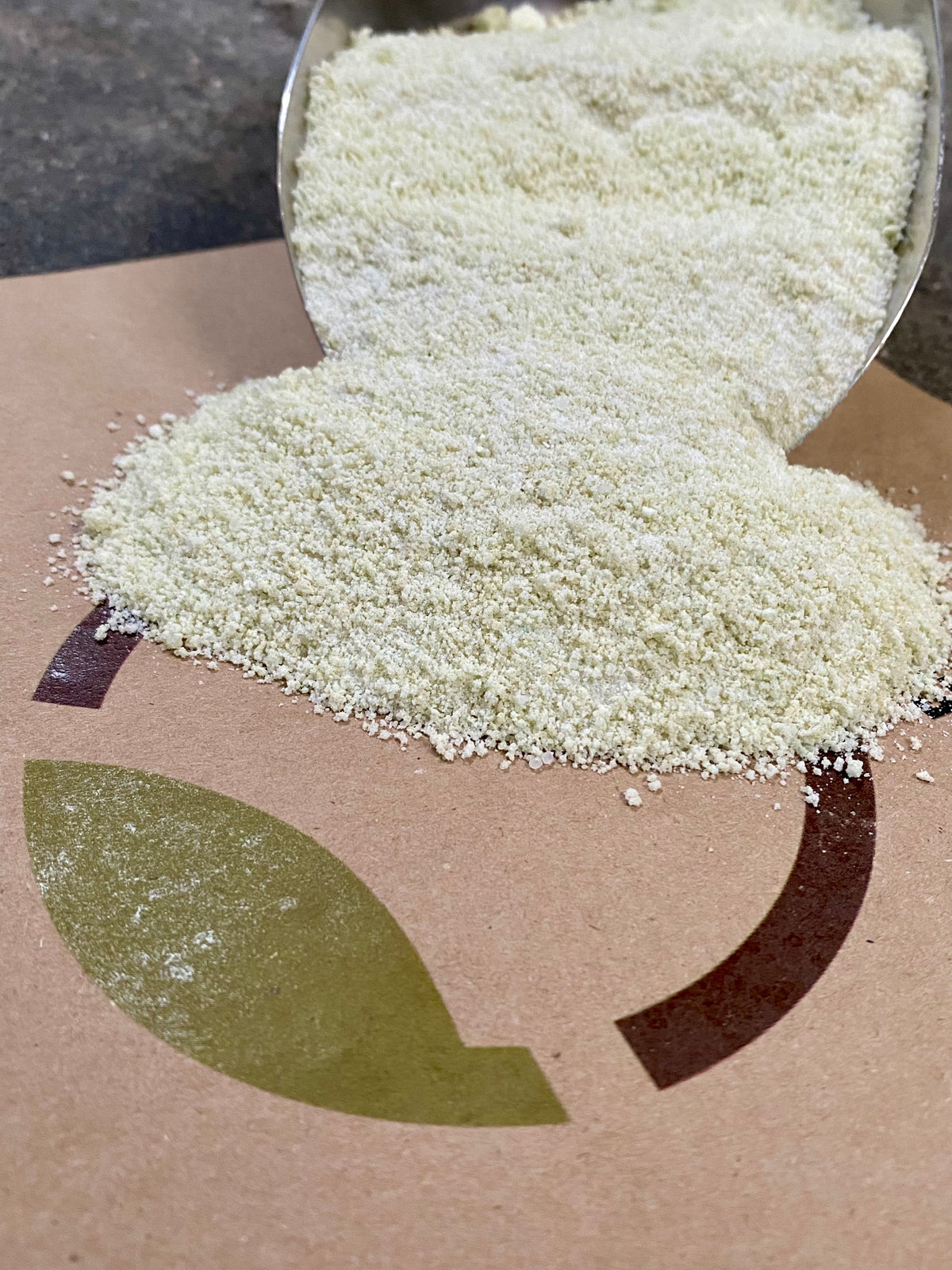Best Fertilizers for Peppers: Maximize Plant Health and Yield
Best Fertilizers for Peppers: Maximize Plant Health and Yield
Blog Article
Organic Vs. Synthetic Fertilizers: Which Is Best for Nurturing Healthy Pepper Plants?
In the realm of nurturing healthy and balanced pepper plants, the option in between synthetic and natural plant foods stands as a critical choice with significant ramifications. While both options purpose to supply vital nutrients to support plant development, the nuances of their effect on the dirt, plant health, and the setting stimulate a debate that mirrors throughout the gardening neighborhood. Recognizing the unique benefits and prospective pitfalls of each plant food kind is vital for pepper growers looking for to maximize their yields while keeping an eco-conscious and lasting approach.
Advantages of Organic Plant Foods
Organic fertilizers use an environmentally-friendly and lasting strategy to nourishing pepper plants, giving important nutrients without using artificial chemicals. These natural plant foods are originated from organic sources such as garden compost, manure, bone dish, and seaweed, promoting dirt wellness and biodiversity. Unlike synthetic fertilizers, natural alternatives release nutrients slowly, making sure a stable and well balanced supply for pepper plants to flourish.
One substantial benefit of organic fertilizers is their capacity to improve soil structure and water retention. By boosting dirt health, organic fertilizers advertise beneficial microbial activity, which helps in nutrient uptake by pepper plants. Furthermore, natural fertilizers minimize the threat of chemical run-off, protecting water resources from contamination and securing the setting.
Additionally, natural plant foods contribute to long-term soil fertility by promoting the growth of helpful soil organisms. These microorganisms aid damage down raw material, releasing nutrients in a type that is quickly accessible to pepper plants. best fertilizers for peppers. By fostering a healthy dirt ecological community, natural plant foods support sustainable pepper farming techniques that profit both plants and the atmosphere
Drawbacks of Synthetic Plant Foods
Artificial fertilizers, in contrast to their natural equivalents, position various disadvantages when made use of to nurture pepper plants, affecting both plant health and ecological sustainability. One major drawback of artificial plant foods is their tendency to seep nutrients from the soil rapidly. This quick leaching can bring about nutrition imbalances in the dirt, triggering plants to suffer from poisonings or deficiencies. Additionally, artificial fertilizers can hurt useful dirt organisms, such as earthworms and beneficial microorganisms, interrupting the dirt environment's balance.
Furthermore, the overuse of artificial fertilizers can add to water pollution. Excess plant foods not taken in by plants can clean away right into water bodies, bring about eutrophication, where algae flowers diminish oxygen levels in the water, hurting marine life. Furthermore, artificial plant foods are normally acquired from non-renewable resources, such as nonrenewable fuel sources, contributing to carbon discharges and ecological destruction during their production.
Nutrient Absorption Contrast
Reliable nutrient absorption plays an important duty in the total wellness and development of pepper plants. When comparing synthetic and organic fertilizers in terms of nutrient absorption, organic fertilizers have the advantage of providing a much more balanced and slow-release source of nutrients (best fertilizers for peppers). Organic fertilizers include a variety of macro and micronutrients that are not only advantageous for the plants but also advertise healthy and balanced dirt microbial activity, which helps in nutrient uptake. On the other hand, artificial plant foods commonly give a fast release of nutrients, which can lead to leaching and drainage, causing lower have a peek at this site nutrient absorption prices by the plants.
In addition, organic fertilizers improve soil framework and water retention capacity, permitting pepper plants to gain access to nutrients more successfully. This enhanced dirt high quality facilitates origin development, making it possible for better nutrient absorption. Artificial fertilizers, although at first boosting plant development due to their high Visit Website nutrient concentrations, might hinder lasting nutrient absorption by degrading soil wellness in time.
Ecological Impact Factors To Consider

On the various other hand, artificial fertilizers, although frequently more quickly readily available and focused to plants, can have harmful effects on the environment otherwise applied properly (best fertilizers for peppers). Their manufacturing calls for high energy inputs, leading to greenhouse gas exhausts and adding to climate adjustment. The overflow of excess synthetic plant foods can contaminate water resources, leading to eutrophication and harming marine communities.
Best Fertilizer Practices for Peppers
To achieve this, it is important to follow best fertilizer techniques customized to the details demands of pepper plants. One vital method is to do a soil test prior to using any type of fertilizers.
Another important technique is to feed pepper plants at the correct time. Usually, peppers gain from receiving plant food at planting and afterwards once more when they begin to flower. Over-fertilizing can lead to vitamins and mineral inequalities and hurt the plants, so it is essential to comply with recommended application prices.
In addition, selecting a well balanced fertilizer with an NPK ratio that matches pepper plants' requirements is essential. Inevitably, combining synthetic and natural plant foods sensibly can aid nurture healthy pepper plants while decreasing environmental effect.
Verdict

Organic plant foods use an environmentally-friendly and sustainable approach to nourishing pepper plants, giving essential nutrients without the usage of artificial chemicals. Unlike synthetic fertilizers, natural choices release nutrients slowly, making certain a constant and well balanced supply for pepper plants to grow.
Artificial fertilizers, in comparison to their natural counterparts, posture numerous downsides when used to nurture pepper plants, affecting both plant health and ecological sustainability. When comparing natural and artificial fertilizers in terms of nutrient absorption, natural fertilizers have the advantage of supplying a much more balanced and slow-release additional reading resource of nutrients.Furthermore, natural fertilizers boost soil framework and water retention capacity, permitting pepper plants to gain access to nutrients a lot more efficiently.
Report this page